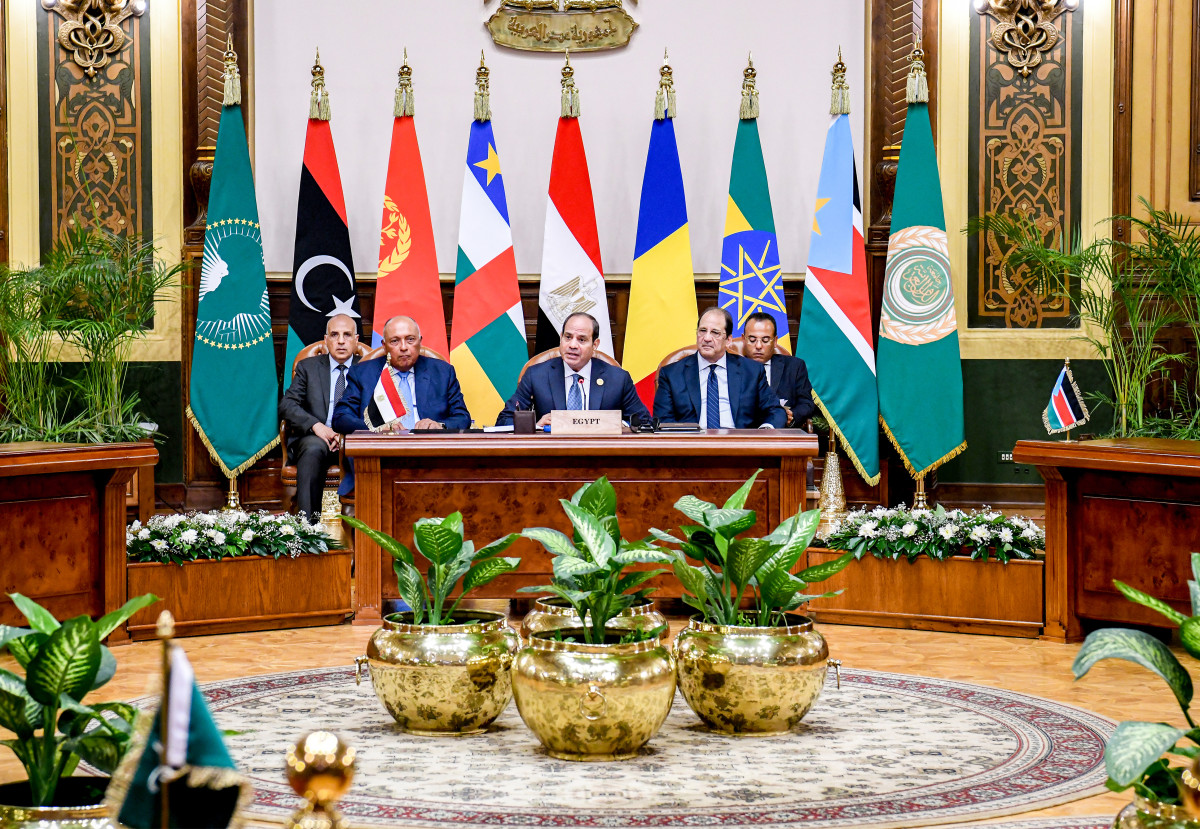Cairo, Egypt–Egypt and Ethiopia agreed Thursday to finalize a deal over Ethiopia’s controversial mega-dam on the Blue Nile within four months, a breakthrough after years of tensions between the two countries.
The massive $4.2-billion Grand Ethiopian Renaissance Dam (GERD) has been at the center of a regional dispute ever since Ethiopia broke ground on the project in 2011, with Egypt fearing it will slash its share of Nile water.
But in Cairo on Thursday, Egyptian President Abdel Fattah al-Sisi and Ethiopian Prime Minister Abiy Ahmed “discussed ways of overcoming the current stalemate in negotiations” over the dam, a joint statement published by the Egyptian presidency said.
They agreed “to initiate expedited negotiations to finalize the agreement between Egypt, Ethiopia and Sudan on the filling” of the dam and its operation within four months, the statement said.
The two leaders met on the sidelines of a summit of African leaders from war-torn Sudan’s neighbors seeking to end the conflict that has raged there for nearly three months.
Sudan was not involved in the talks between Sisi and Ahmed, but former rebel leader Mubarak Ardol — considered a close ally of the Sudanese army — later tweeted his support for the preliminary agreement on the dam.
“Although we are absent but our full support to this bilateral statement on GERD, Sudan for sure will join soon to make it trilateral agreement without outside mediators,” he wrote.
Protracted negotiations over the filling and operation of the dam since 2011 have failed to bring about an agreement between Ethiopia and its downstream neighbors.
Egypt has long viewed the dam as an existential threat, as it relies on the Nile for 97 percent of its water needs.
The dam is nonetheless central to Ethiopia’s development plans, and in February 2022 Addis Ababa announced that it had begun generating hydroelectric energy for the first time.

